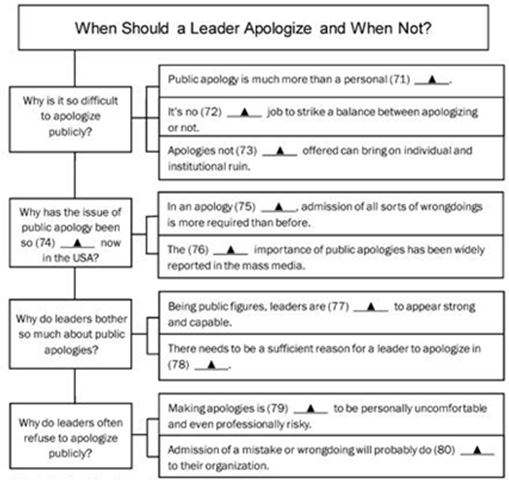题目内容
4.Her ______ to Sales Manager took everyone by surprise,because she was just a fresh clerk in the company,working here only for one month.( )| A. | adaptation | B. | promotion | C. | devotion | D. | objection |
分析 她晋升为销售经理让每个人都感到惊讶,因为她只是这个公司里的一名新员工,在这里工作了仅一个月.
解答 答案:B
A.adaptation 适应,顺应;B.promotion促进,提升;C.devotion 献身,奉献;D.objection 反对; 分析句意可知,"Her ______ to Sales Manager"在句中作主语,because 引导的从句表达的应是让每个人都感到惊讶的原因即:她作为一名新员工,工作时间又短,却被晋升为销售经理这件事;故选B.
点评 本题考查的是名词词义辨析.做本题时,首先应根据句意,进行逻辑推理,判断出空缺处所在句子的意思;其次应熟练掌握各名词的意思以及用法.

练习册系列答案
 阅读快车系列答案
阅读快车系列答案
相关题目
15.official( )
| A. | concert | B. | century | C. | coast | D. | ocean |
19.More and more teachers tend to think that teaching is really a _____ job,so they have to devote a lot to it.( )
| A. | rewarding | B. | blessing | C. | demanding | D. | depressing |
9.Our car broke down suddenly and the heavy rain________ our helplessness.( )
| A. | added to | B. | led to | C. | turned out | D. | made up |
1.Dogs are more _____ animals than cats; Dogs attach themselves to persons,while cats to places.( )
| A. | cautious | B. | aggressive | C. | faithful | D. | optimistic |
